The Port Towns and Urban Cultures group are excited to see the enrolment of our PhD Candidate Corey Watson. Corey will be funded by Lloyd’s Register Foundation (LRF) for three years to embark on exciting research into the Foundation’s history and archival collection.[1] The research will be supervised by historians in the University of Portsmouth’s School of Area Studies, History, Politics and Literature and supported by the LRF’s Heritage and Education Centre, which is undertaking a large digitisation programme of its vast archive in order to increase public access and understanding of LRF’s work. We have also partnered with two Chinese institutions; Hong Kong Baptist University (HKBU) and Dalian Maritime University (DMU), who will host Corey as a visiting scholar in 2023 and collaborate with us via a Postgraduate/Early Career Scholar symposium (to be held on line in January 2022), and an international conference in Hong Kong during summer 2023.
Why LR Surveyors?
In 2019 Lloyd’s Register (LR) celebrated 150 years of operation in China.[2] However, little is known about the history of the organisation in China, and still less is known about the influence and impact LR and its surveyors had on international understandings of health, safety and risk management, and their broader influences on local infrastructures and imperial cultural knowledge. Indeed, Robert Bickers recently argued in his most recent publication, China Bound that “the relationship between colonial Hong Kong, the treaty ports and the wider landscape of British power in Asia … is more integrated and fluid than might be assumed.”[3]
The First and Second Opium Wars (1839-42 and 1856-1860) forced the Chinese Government to accept a series of treaties allowing trade in 16 ports by the end of 1858. Hong Kong was also annexed as a Crown Colony in 1842. By the early twentieth century a total of 92 Chinese ‘treaty ports’ were open to Western trade.[4] LR’s offices were situated in the centre of this treaty port system in China from 1869. The company sent their surveyors around the globe to record and check the standards of international shipping, consequently they influenced – and were influenced by – the development of territories and port towns. During the period of 1869-1920 LR listed offices in Shanghai, Hong Kong, Amoy (Xiamen), Foochow (Fuzhou), Hangchow (Zhejiang), Tientsin (Tianjin), Dairen (Dalian) and Hancow (Wuhan).[5] Lloyd’s Register Foundation Heritage and Education Centre holds a vast historical archive relating to the business, including correspondence with their surveyors which has not previously been explored by researchers. The PhD’s original research, therefore, will focus on the social and global history of LR and its employees during the period.
Newman Mumford, Lloyd’s Register Surveyor, Hong Kong 1896-1905
One such example is Newman Mumford (1861-1942). Mumford enjoyed a long career as a LR Surveyor. Born in the Scilly Isles, Mumford trained at the Wallsend Slipway and Engineering Company, in Wallsend on Tyne (UK). His career at LR took him to work in Singapore, Hong Kong, Greece and Turkey, and during the First World War he was stationed in Egypt.[6] His last appointment for LR was in Switzerland, and in his retirement he moved to Vancouver, Canada, where he lived until his death.[7]
Mumford played an active role in port city life in Hong Kong, and was reported to have had a worldwide circle of international friends.[8] A search of the digitised copies of the United Grand Lodge of England Freemason Membership Registers, available to search on Ancestry.co.uk, shows that Mumford became a member of the colony’s Zetland Lodge in 1896.[9] Similarly, Hong Kong’s daily newspaper the Overland China Mail features reports of his activities in various clubs and societies such as the Hong Kong Odd Volumes Society – a gentlemanly literary, scientific and debating society – and the Institute of Engineers and Shipbuilders of Hong Kong. In 1906 Mumford had risen to become President of the Institute of Engineers and Shipbuilders of Hong Kong, and had instigated a series of prizes to be awarded to members competing in billiard contests.[10] In April 1905, before his departure to next post in Constantinople the Institute held a valedictory concert.[11] Mumford gave thanks to his friends but also took the time to comment on the regulatory ship classification practices of the Hong Kong Government and his pride in the “advancement” made in Kowloon Docks in recent years. He opined that, once the Naval Dock and the Quarry Bay Dock were finished, Hong Kong would be “one of the foremost shipping places in the outside world.”[12] Indeed, Mumford was featured in the letters section of the newspaper in 1903 advocating for the construction of a steel works in Hong Kong to cut down the costs of purchasing European manufactured steel.[13]
He was well-regarded and popular within the international community in Hong Kong. It was noted that he had “done so much locally of late years to uphold the honour and dignity of Lloyds’ great name in the shipping world”[14] and upon news of his planned his departure from the colony it was remarked:
“His friends will be pleased because he is getting on to the Continent and progressing, and they will be sorry because they will lose a sincere friend and energetic helper in any good cause that demands assistance.”[15]
While in Hong Kong he was active in espousing British cultural values, as a subscription to the colony’s Coronation Celebration Fund in June 1902 can attest. We can also start to extrapolate conclusions of the prevailing cultural ideas and sentiments of the times by looking at the titles of various lectures held by the Odd Volumes Society in their annual report of 1902/3 such as ‘The Chinaman, the Anglo-Saxon and the Orient’, ‘The Reasonableness of Christianity, ‘The Defence of the Empire’, ‘Buddhism’, ‘Marriage’ and ‘Chinese Manners’.[16]
Next Steps – Any Research Leads?
Much more research is to be undertaken by our new PhD student who will take on this project and make it their own. However, if anyone out there has leads or archives that would be of interest, please contact the project’s First Supervisor, Dr Melanie Bassett via ptuc@port.ac.uk
Notes
[1] See also, Lloyd’s Register Foundation Heritage and Education Centre, ‘Case Studies
Lloyd’s Register Surveyors in China, 1869-1918’, https://hec.lrfoundation.org.uk/get-involved/lloyds-register-surveyors-in-china-1869-1918
[2] Lloyd’s Register, ‘This month, Lloyd’s Register is proudly celebrating its 150-year anniversary in China’, https://www.lr.org/en/who-we-are/lr-in-china/ accessed 10 March 2020.
[3] Robert Bickers, China Bound. John Swire & Sons and Its World, 1816-1980, (London: Bloomsbury, 2020. (Kindle edition)), location 152
[4] Catherine L. Phipps, Empires on the Waterfront: Japan’s Ports and Power, 1858–1899, (Harvard University Asia Centre, 2015), 7-8.
[5] Lloyd’s Register Foundation Heritage and Education Centre, ‘List of Surveyors’ https://hec.lrfoundation.org.uk/archive-library/lists-of-surveyors
[6] Grace’s Guide, ‘Newman Mumford’, https://www.gracesguide.co.uk/Newman_Mumford
[7] J. F. Bosher, Imperial Vancouver Island: Who is who? 1850-1950, (Indiana: Xlibris, 2010), 515-516.
[8] Overland China Mail, 22 April 1905, 8.
[9] Library and Museum of Freemasonry; London, England; Freemasonry Membership Registers; Description: Membership Registers: Colonial and Foreign C 646-8900 to Colonial and Foreign D 801-1041; Reel Number: 24 https://www.ancestry.co.uk/imageviewer/collections/60620/images/43971_cl%5Ef%5Ecd%5E188709-00633?treeid=&personid=&hintid=&queryId=163f99a1ec024ff03b7a54eea31f1865&usePUB=true&_phsrc=evX1764&_phstart=successSource&usePUBJs=true&_ga=2.251751945.1625508299.1634726540-21813019.1547568596&pId=913686
[10] Overland China Mail, 23 January 1906, 9.
[11] Overland China Mail, 22 April 1905, 6.
[12] Overland China Mail, 22 April 1905, 7.
[13] Overland China Mail, 08 September 1903, 7.
[14] Overland China Mail, 13 December 1904, 6.
[15] Overland China Mail, 13 December 1904, 6.
[16] Overland China Mail, 26 March 1904, 7.

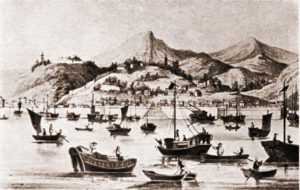
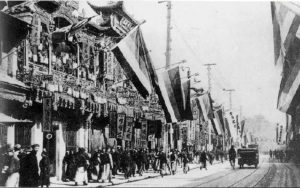
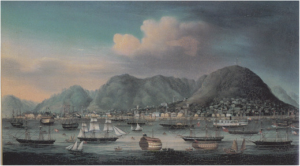
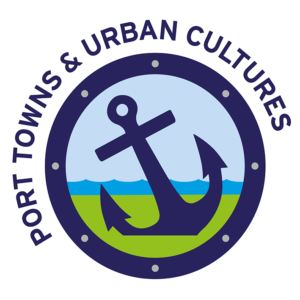
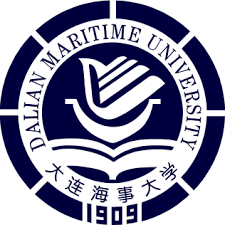

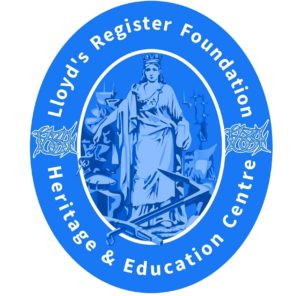










Comments are closed.